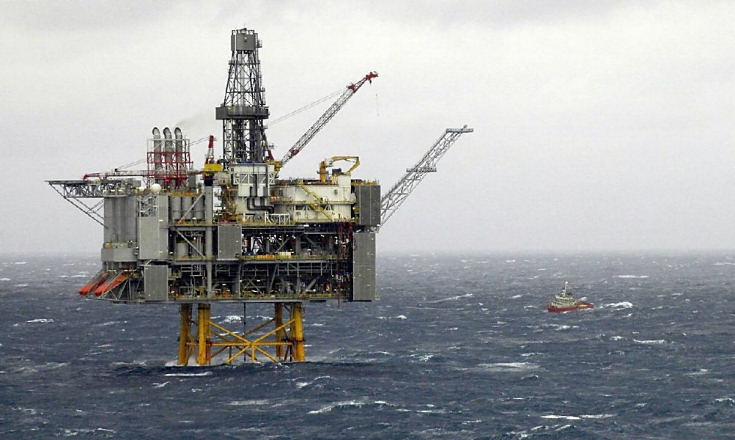
The massive Zohr gas field off Egypt will come online by the end of December, marking the completion of what British energy giant BP says is one of its biggest years ever as it increasingly focuses on international natural gas projects.
BP is shifting from crude oil toward cleaner-burning gas projects in developing parts of the world as it seeks to transform itself as a result of the 2010 Deepwater Horizon tragedy, the subsequent oil price bust and the world’s increasing focus on climate change. BP historically held a portfolio that was 60 percent oil, but that is expected to shift to 60 percent natural gas by 2020, company officials said.
BP routinely ran over budget and behind schedule on projects through 2010, Dave O’Connor, head of BP’s Global Projects Organization, said during an end-of-year briefing Thursday at BP’s Energy Corridor campus in Houston.
Since then, BP has become a leader in keeping project costs below budget and finishing on time, he said.
“We’ve come a long way,” O’Connor said. “This is the biggest year in our history in respect to completing, commissioning and starting up projects.”
After going back to the drawing board, cutting the bells and whistles and modeling Mad Dog after a previous Gulf project, instead of starting from scratch, the cost came in at $9 billion last year. It also helped that services companies and suppliers were offering deeper discounts during the oil bust.
“It was a big wake-up call for us,” O’Connor said.
BP will complete a Gulf of Mexico expansion next year at the Constellation discovery with its partner, The Woodlands-based Anadarko Petroleum Corp.
But the company is largely shifting its attention and resources from the Gulf. BP may consider other big U.S. projects in the future, but for now any additional U.S. growth will come from expansions of its four existing Gulf of Mexico platforms: Atlantis, Na Kika, Thunder Horse and Mad Dog.
In order to justify new projects, BP needs to show it can make 15 percent returns with the global benchmark for oil from the North Sea priced at $50 a barrel.
So things are looking up, O’Connor said.
That North Sea oil benchmark is priced at about $62 per barrel.
Recommended for you
